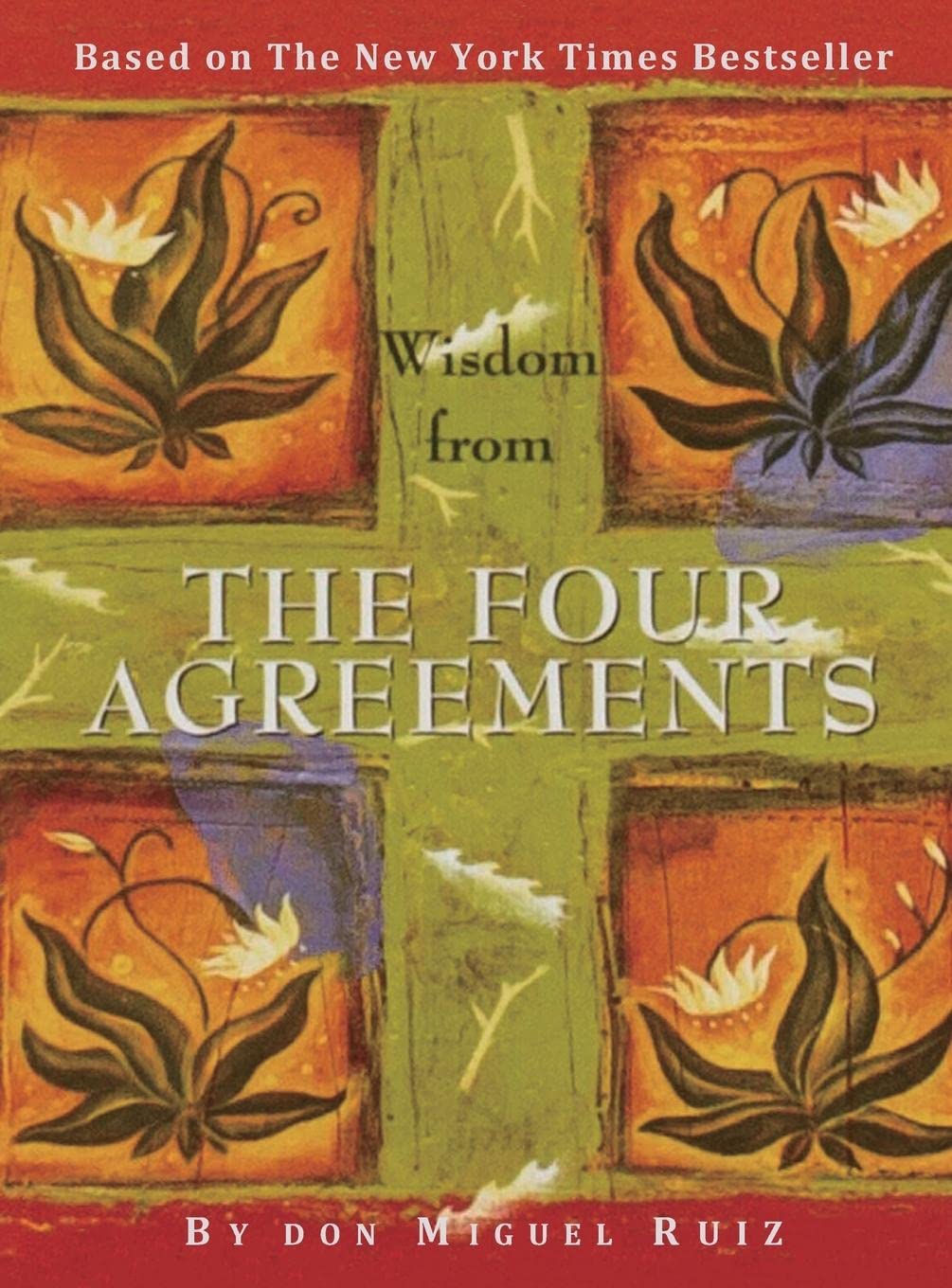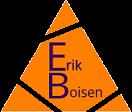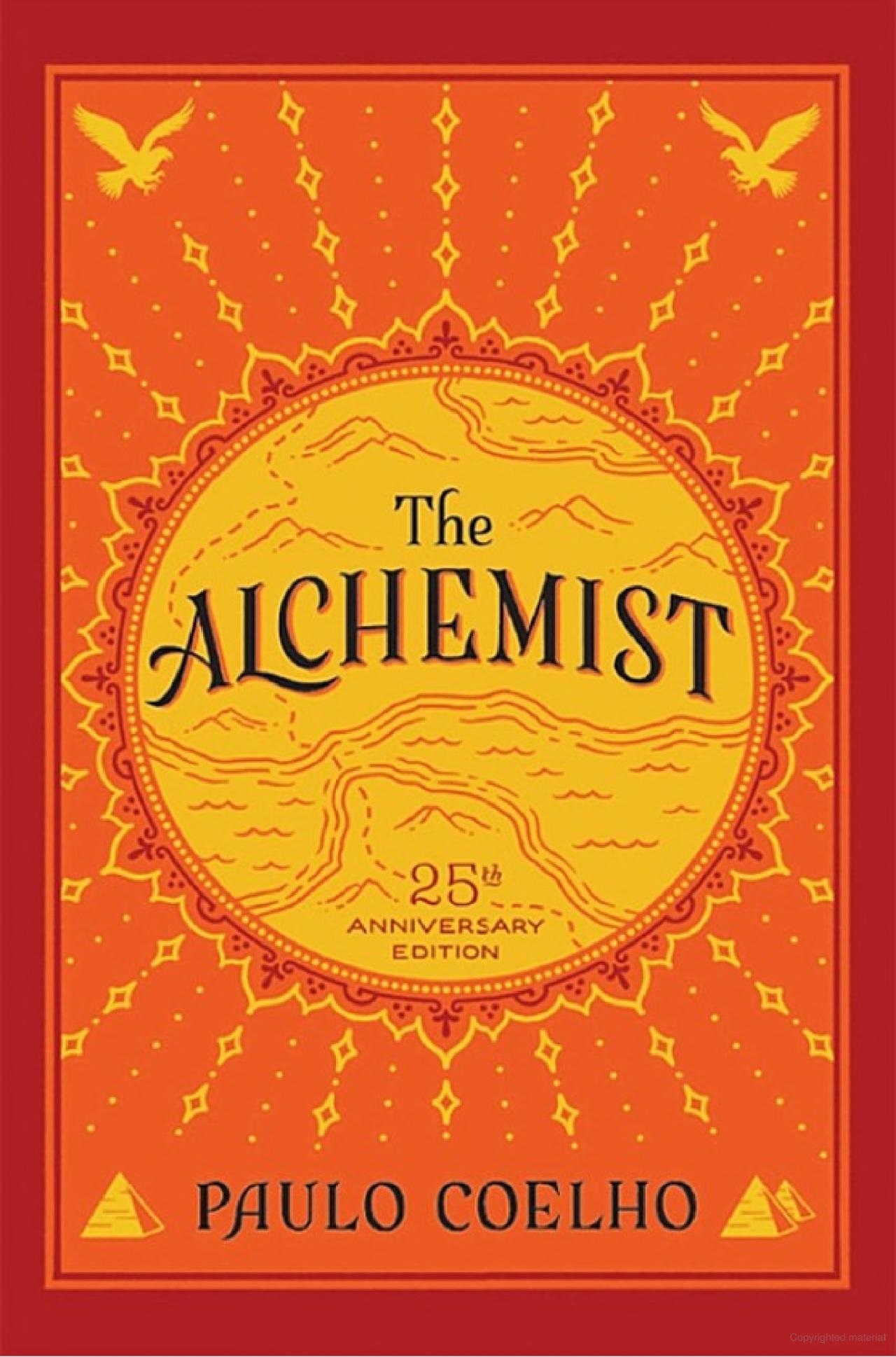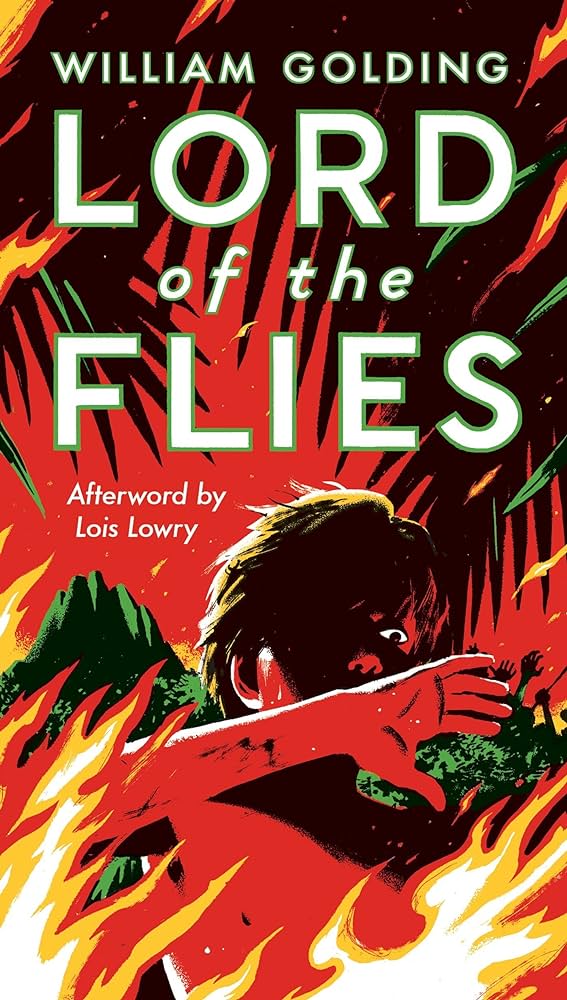
I was looking for a particular book, The Thicket, on the various bookshelves in my house. It appeared to have mysteriously vanished. I did, however, happen upon this book. I have no idea where it came from. I was about to head off on a short trip for work and wanted something to read while I was gone, so I grabbed it. It turned out to be a very interesting book about the Toltec belief system and how it can be applied to modern life. The Toltecs were an early Mexican civilization that built structures similar to the Aztecs and Mayans. Their belief is that we create our own heaven or hell and by following the four agreements, we allow ourselves to enjoy freedom, happiness, and love to build our own heaven. The four agreements are quite simple to explain and appear to be very useful. Simply stated, the four agreement are – be Impeccable in your word, always do your Best, never make Assumptions, and do not take anything Personally. I have remembered it with the acronym IBAP.
Being Impeccable in your word is pretty self-explanatory. It means that you always do what you say you are going to do, and also not agreeing to things, you have no intention of doing. I cannot imagine anyone can find find fault or controversy in this. No one likes a person that agrees to things and does not follow through. Always keeping your word will definitely help you avoid unnecessary drama in your life.
Always doing your Best is also pretty self-explanatory. The main reason for doing so, may not be. The Toltec belief is that if you have done your best at something, regardless of outcome, you will have a clear conscience. Even if you fail at a task, if you gave it your best effort, it will not haunt you. If you half-ass something, even if it works out in the end, you probably do not feel great about it. Always doing your best avoids this feeling. Your conscience will always be clear.
Never make Assumptions appears pretty obvious as well. How much time has each of us worried about something that has never come to fruition? I know that I have wasted plenty. If you do not have information regarding something, do not make assumptions. This will create needless worry. Misunderstanding is very commonplace in life. We all bring our unique viewpoints and oftentimes others view the same circumstance with radically different perceptions. Without proper information, if you are filling in gaps in knowledge with assumptions, you are creating an avenue for unnecessary worry and wasted effort.
Do not take anything Personally. This to me is somewhat similar to Never make Assumptions. Perhaps someone appears to treat you in a way that might appear that the person does not care for you. You may have no idea what is going on in this person’s life, or what kind of day this person is having. Even if this person does not, in fact, care for you, what good does it do you to take it personally? Taking something personally will only lead to internal discomfort. Perhaps make a mental note to not invest too much time with this person, but continue on with your life. Do not let this person infect you with drama that will do you no good. Perhaps you can pray for this person. Pray that this person will overcome whatever makes him behave in an unkind way. Do not allow negative interactions to burrow their way into your consciousness. This will do nothing but rob YOU of happiness.
So there they are, the four agreements in four short paragraphs. Use them as I have presented them here, or read the book an use them as you interpret them. I can find no reason not to. The last chapter of the book, in fact, shows how these agreements fit in neatly with most of the world’s religions. I believe that this book has helped bring me some peace. It is well worth the time I spent reading it.
The day I finished reading this book, I noticed The Thicket, front and center on the bookshelf in my living room. I have no idea how I did not see it earlier, but I am glad I did not and read this book first. This was a fantastic read. I will start on The Thicket next.



